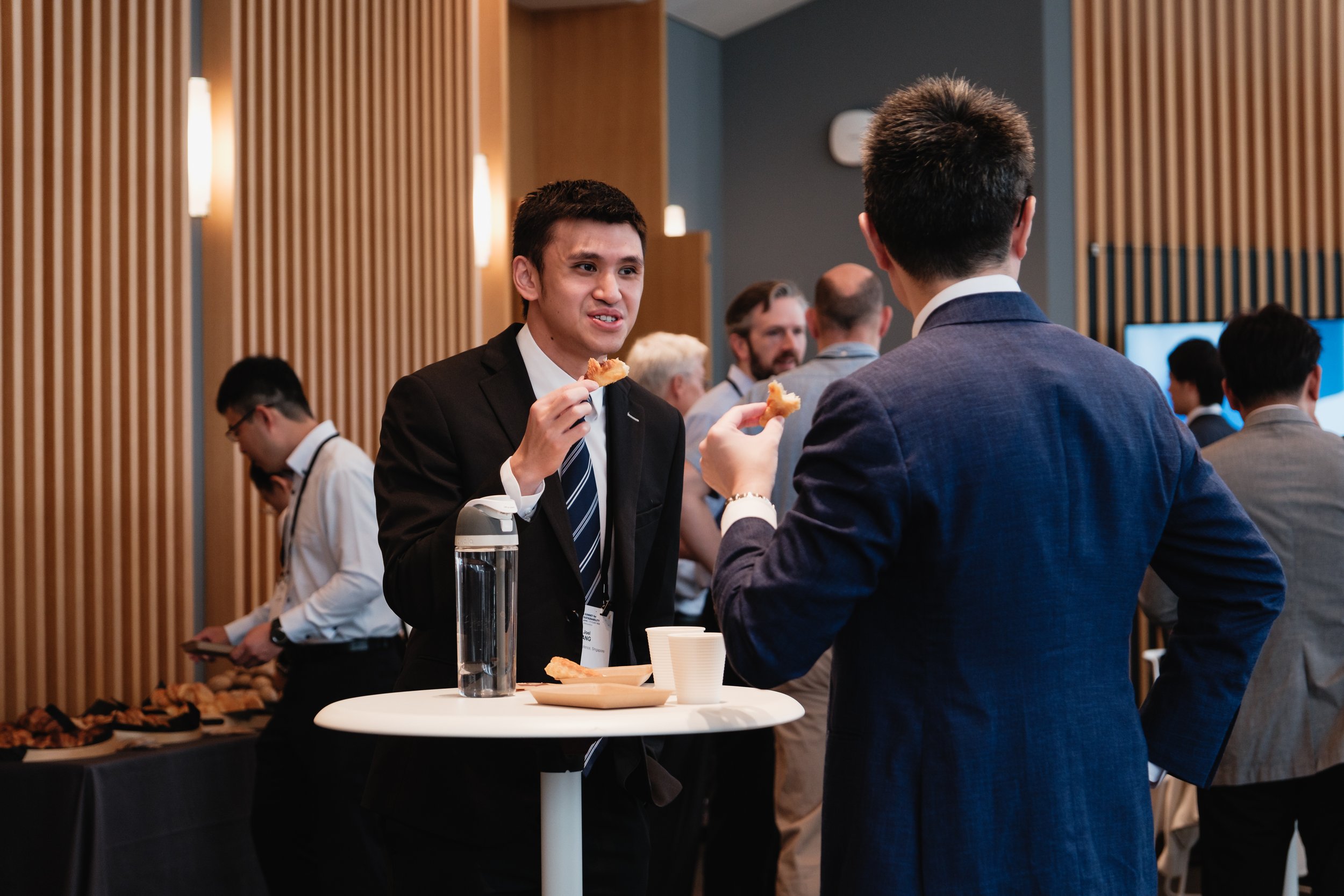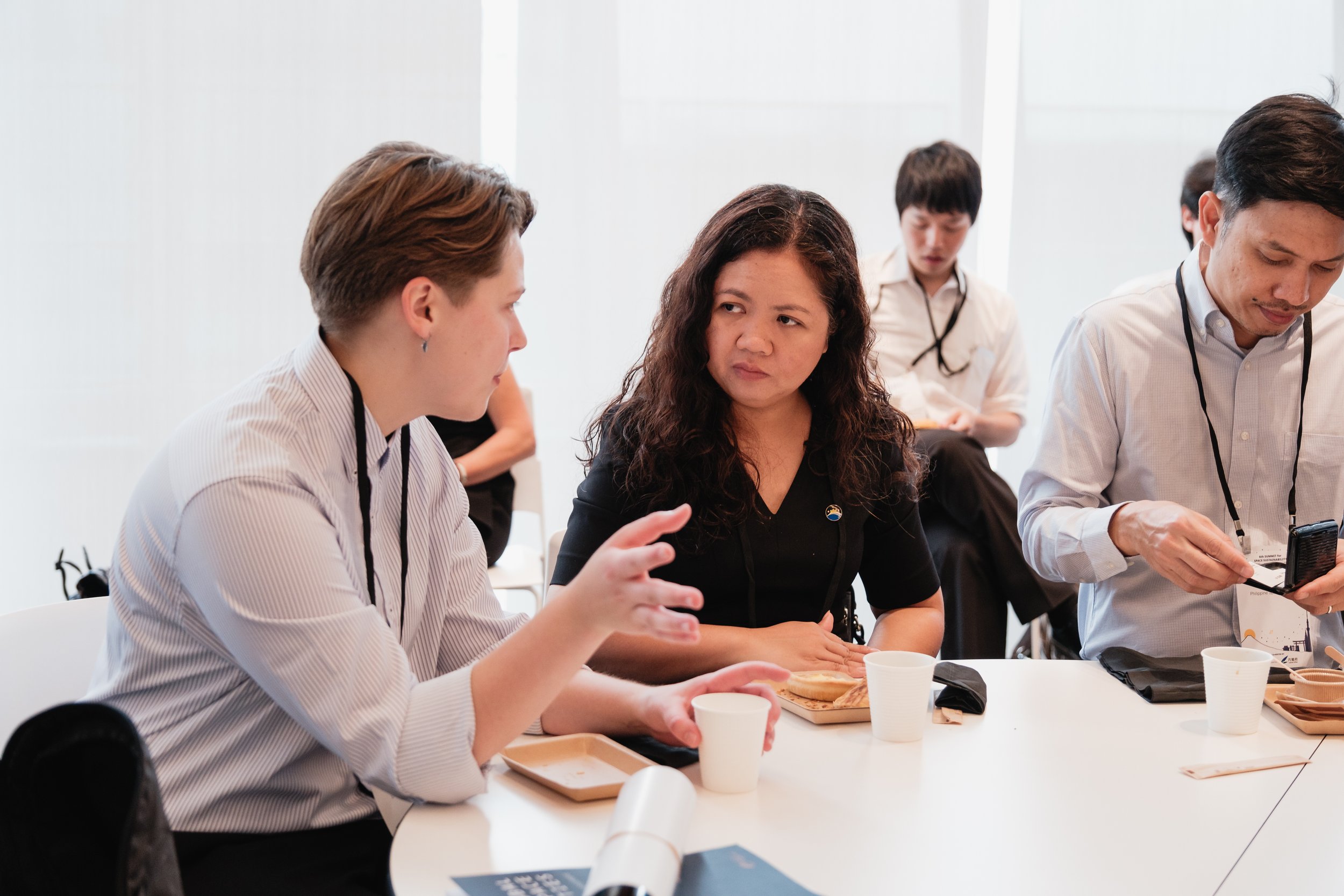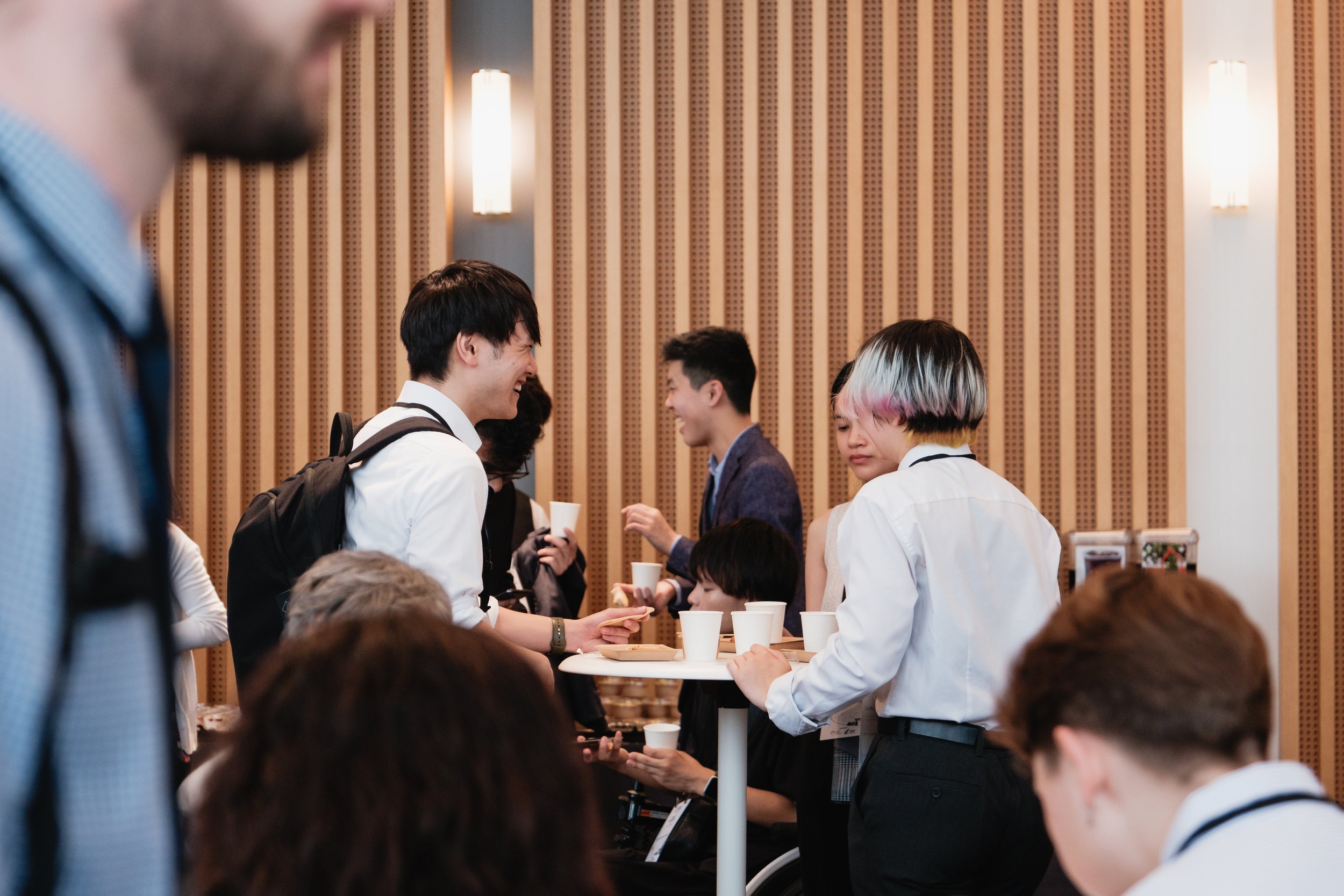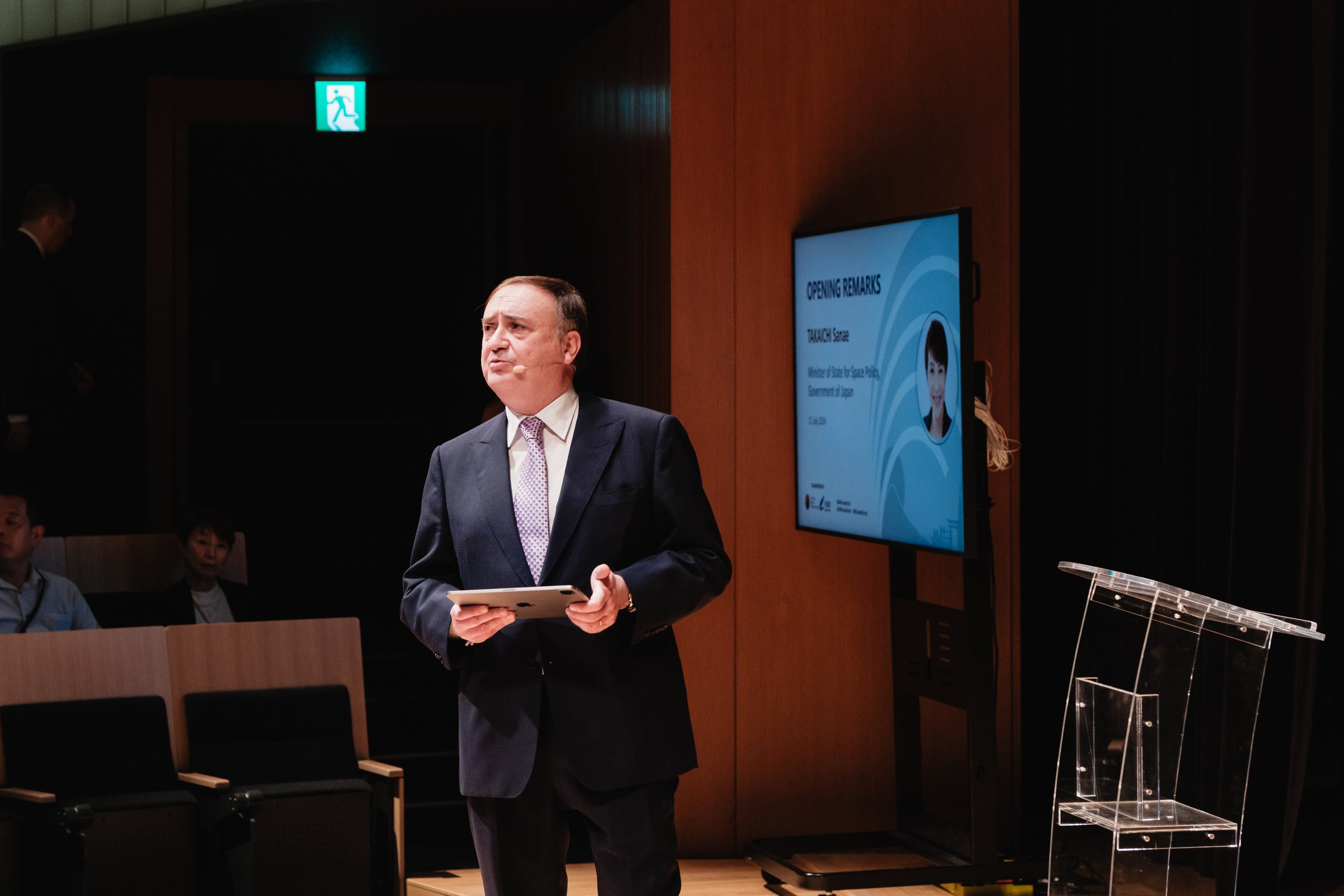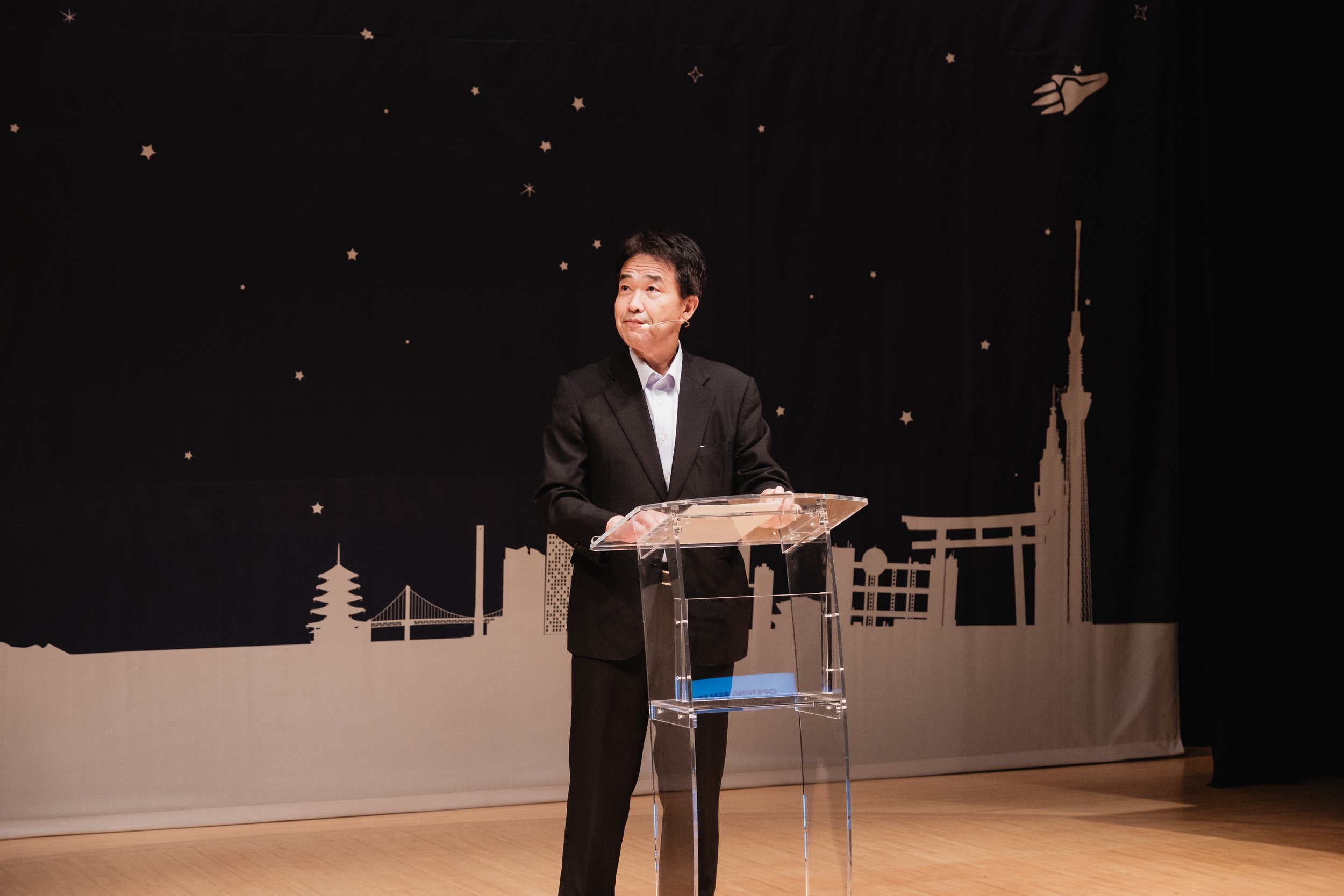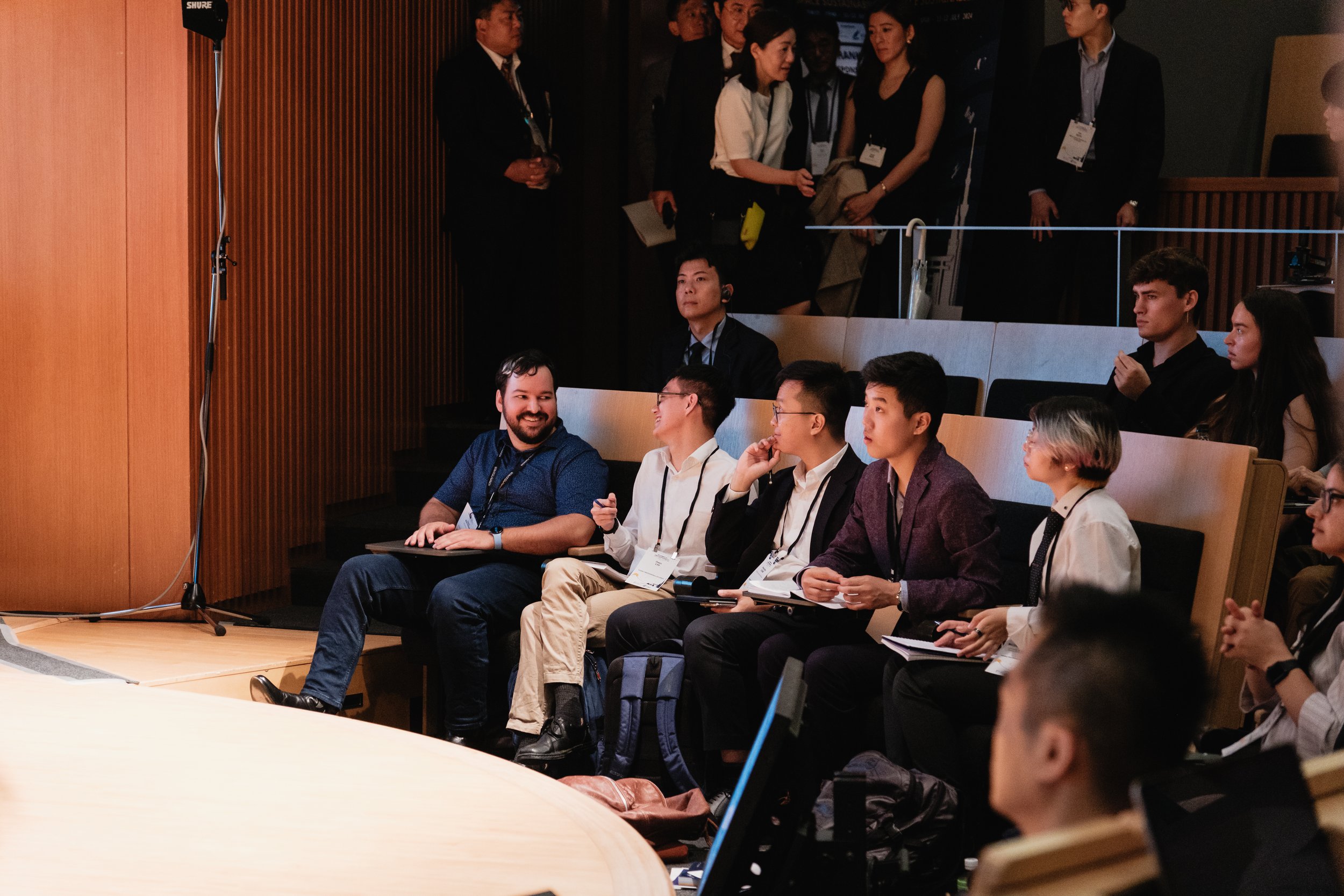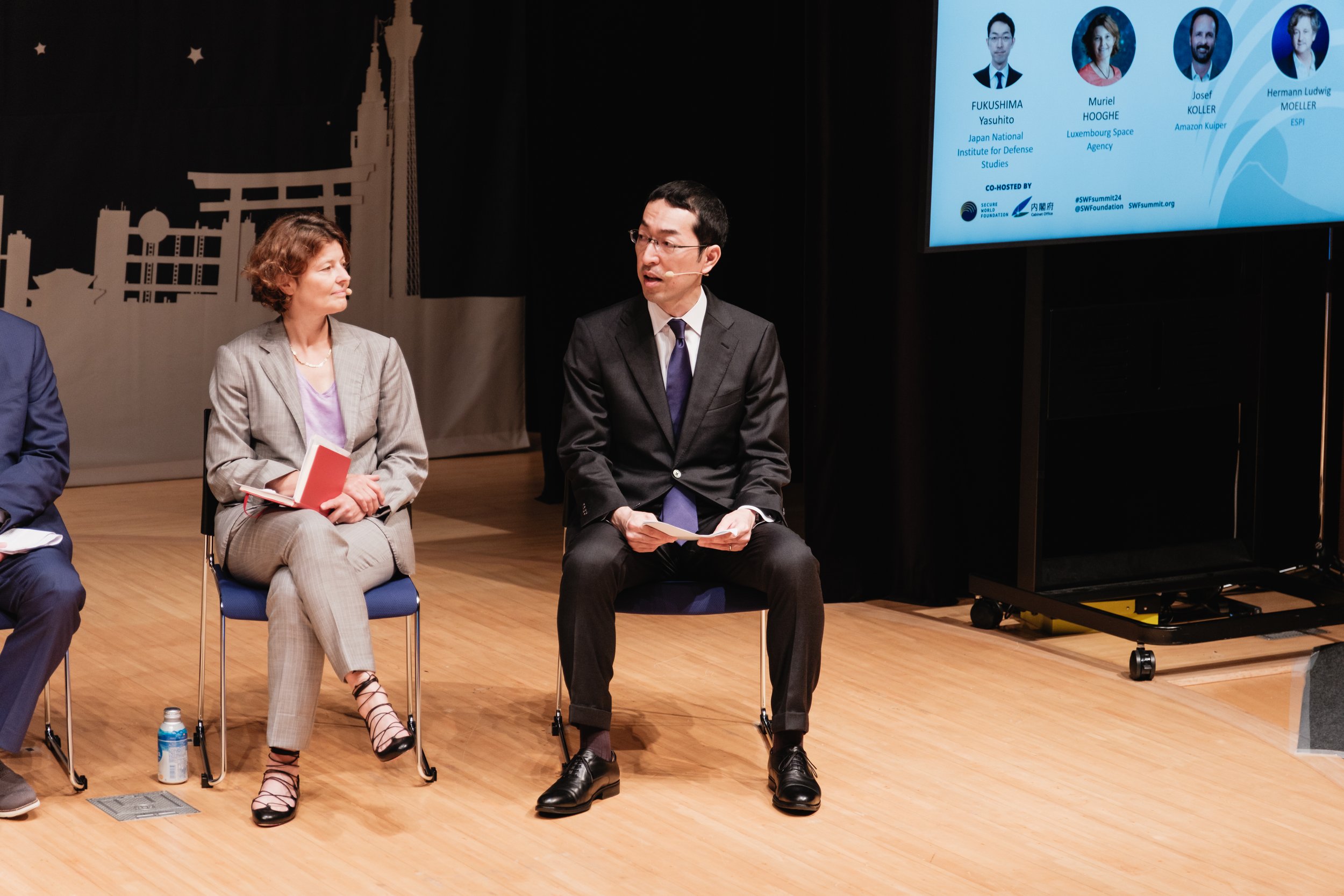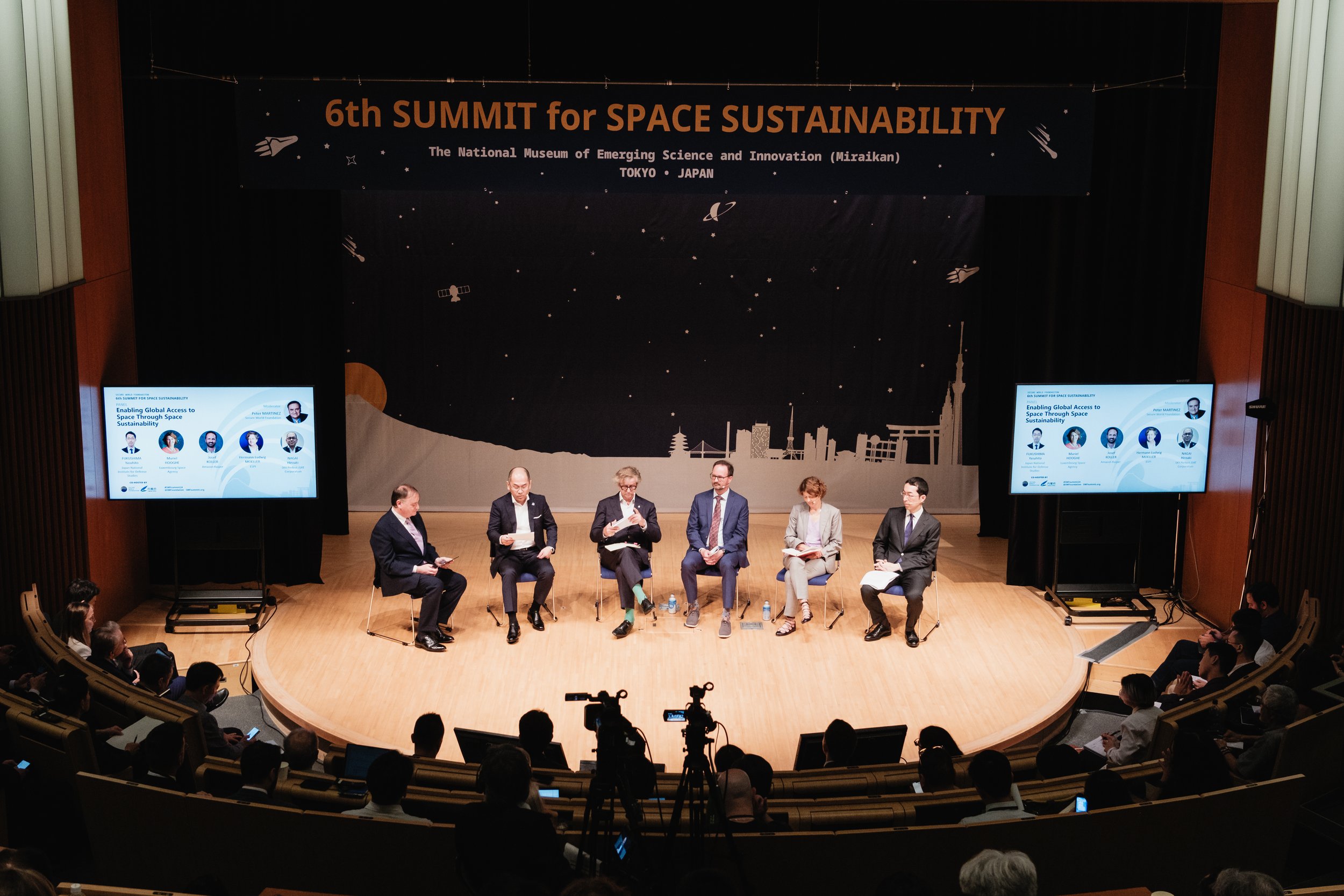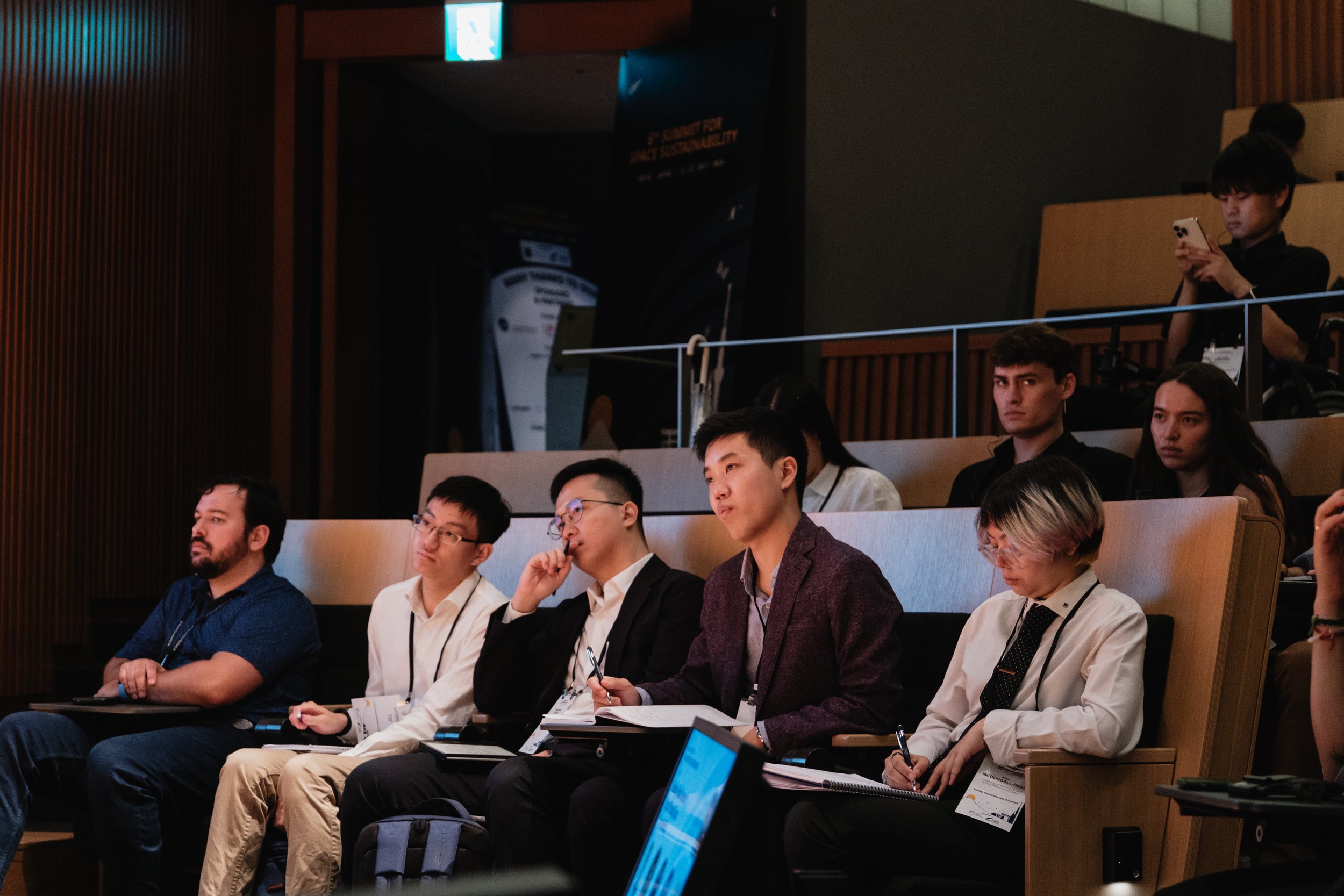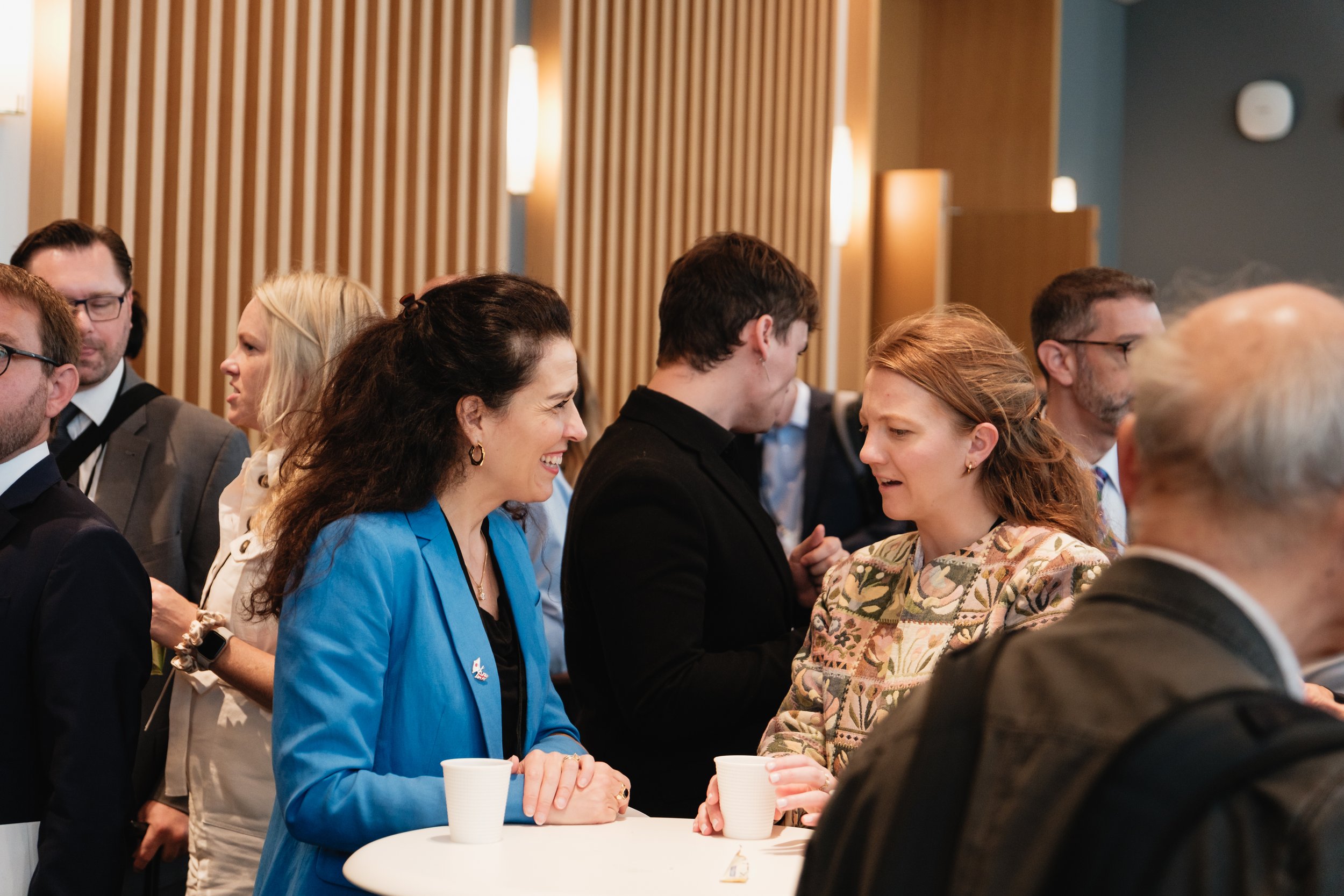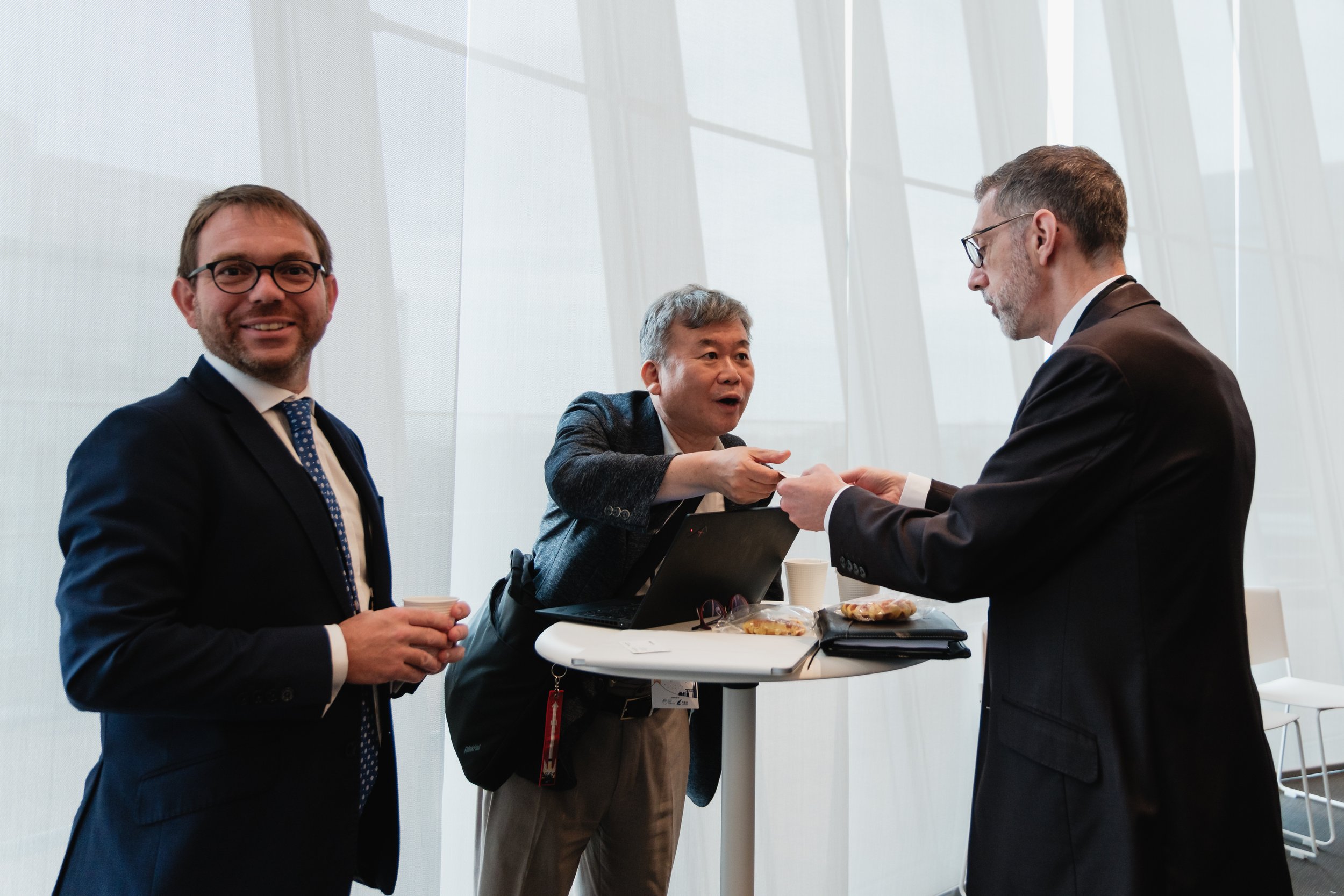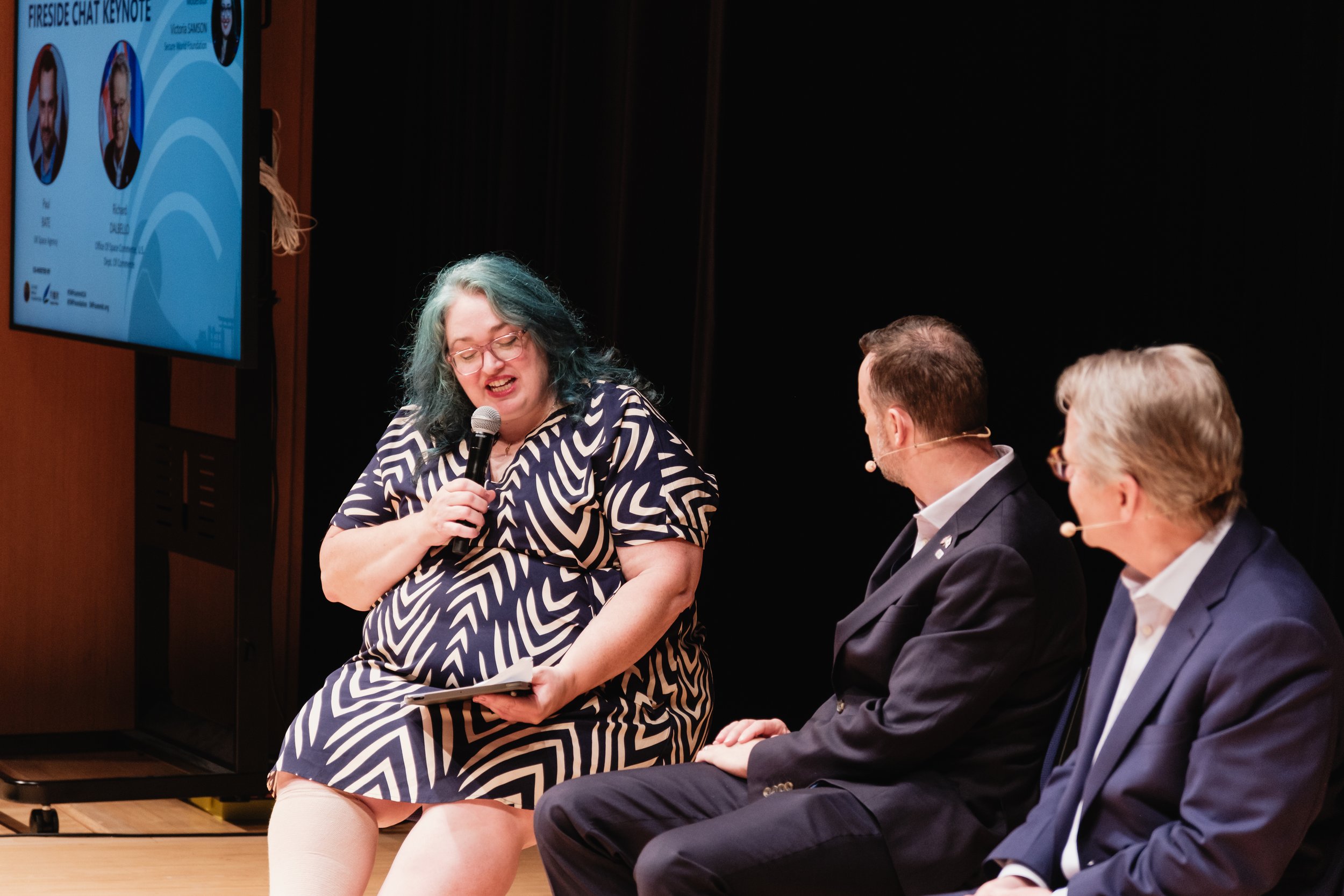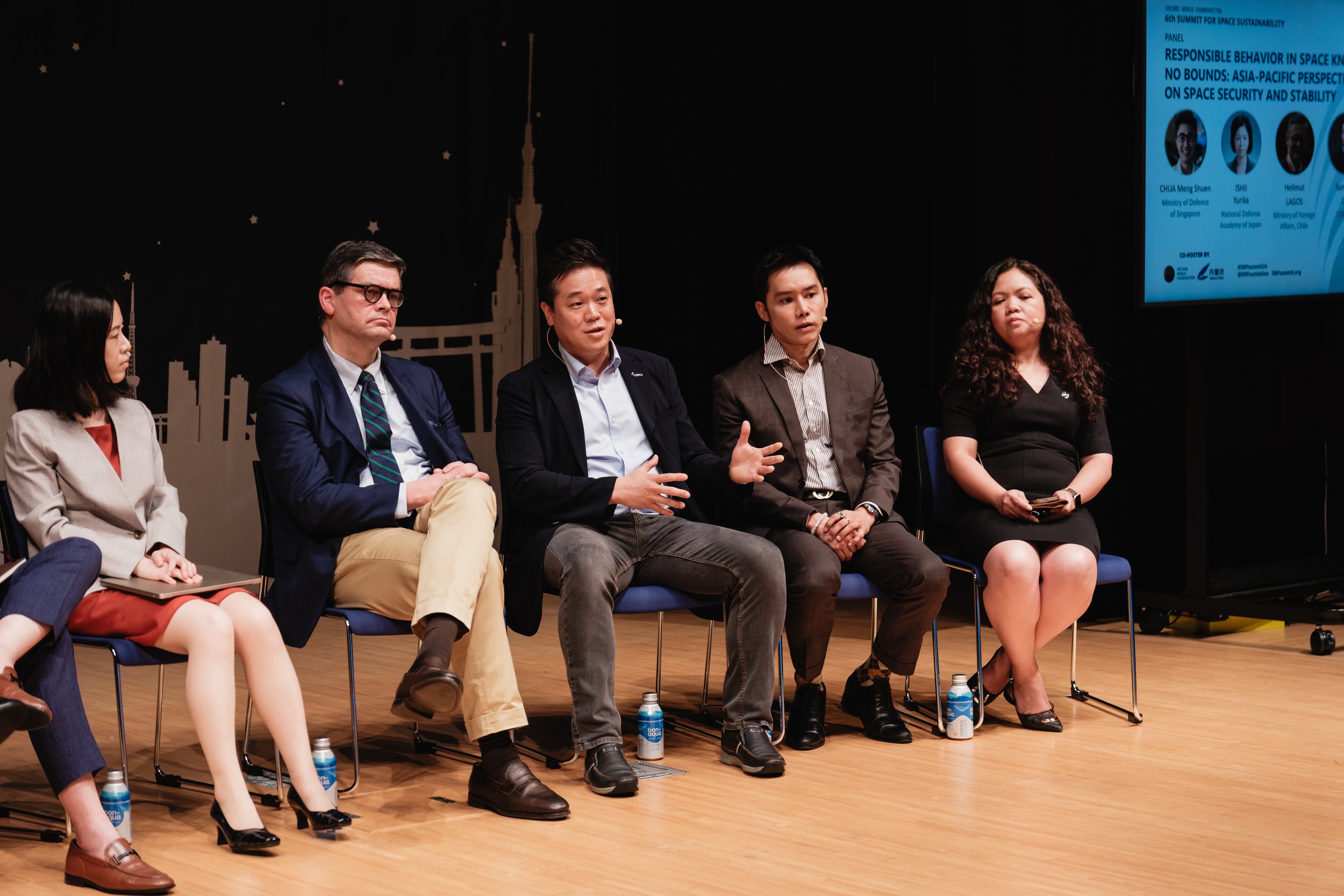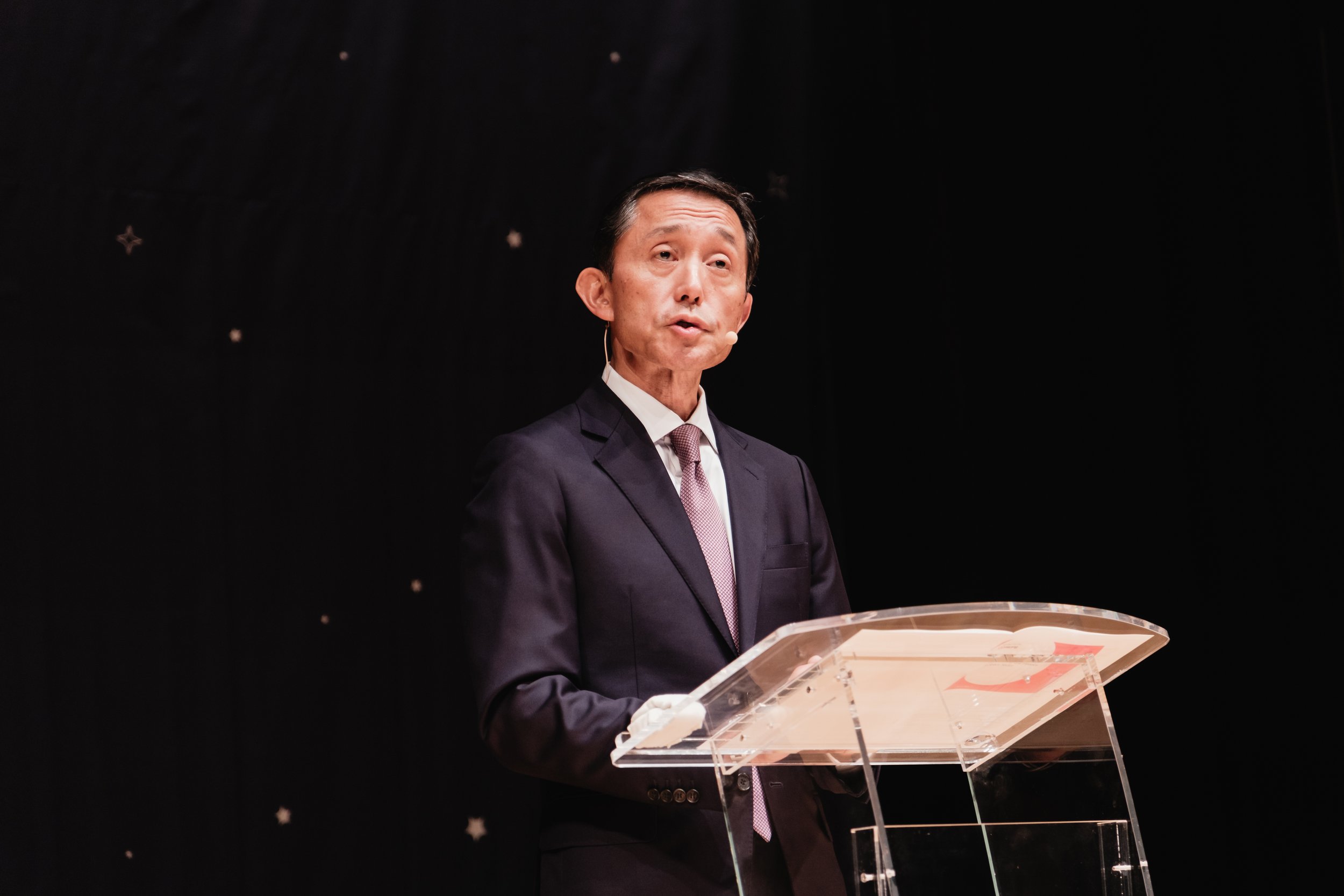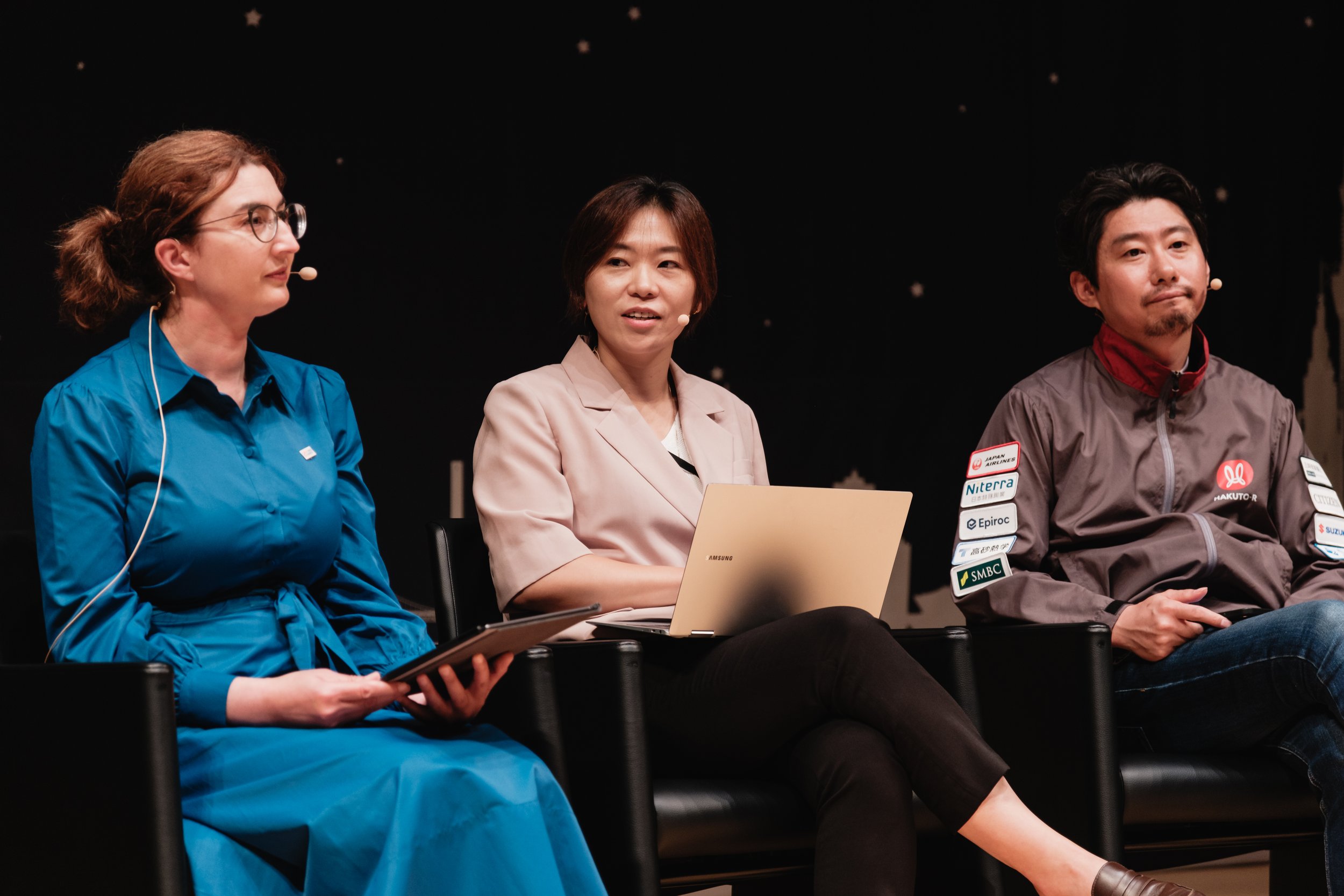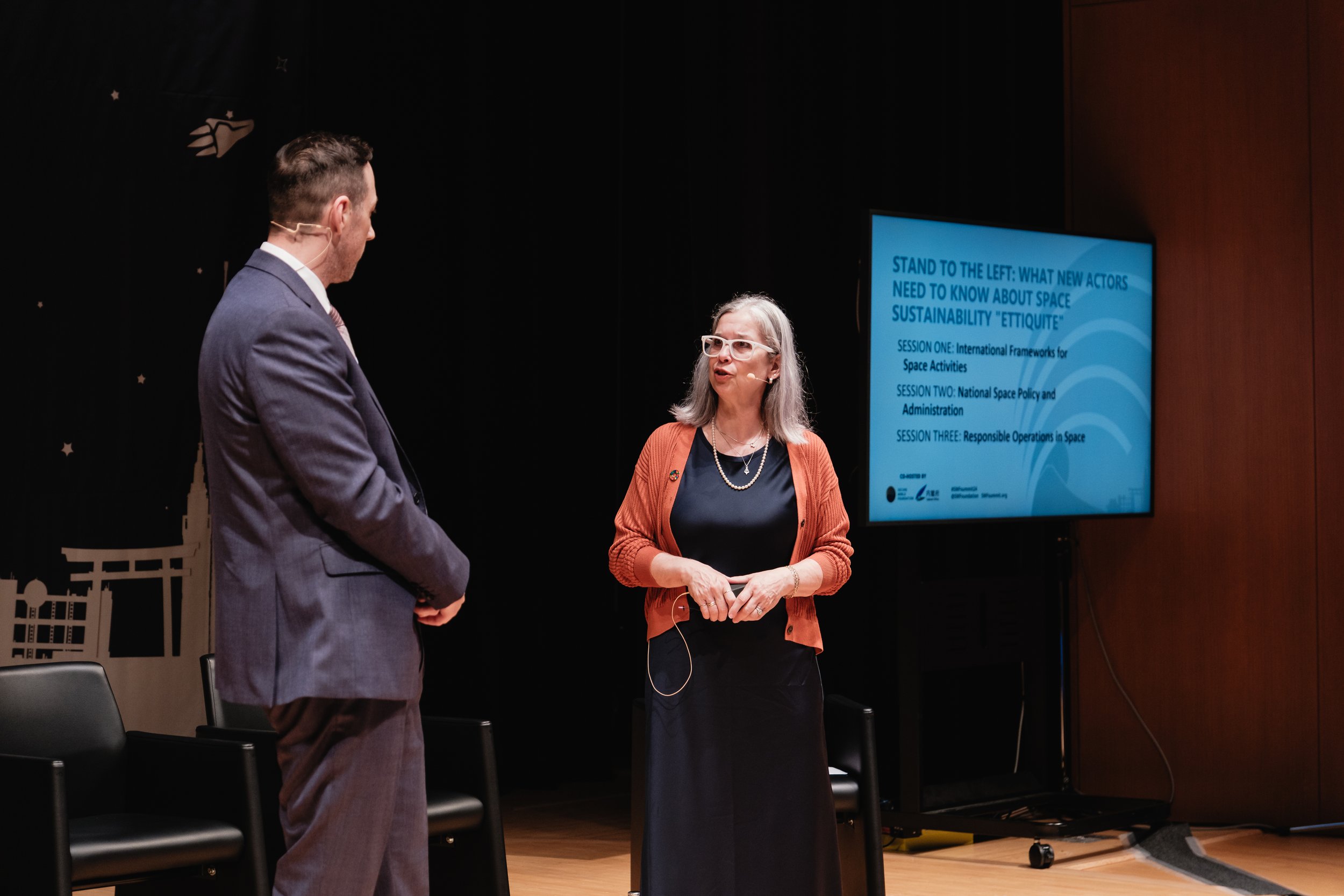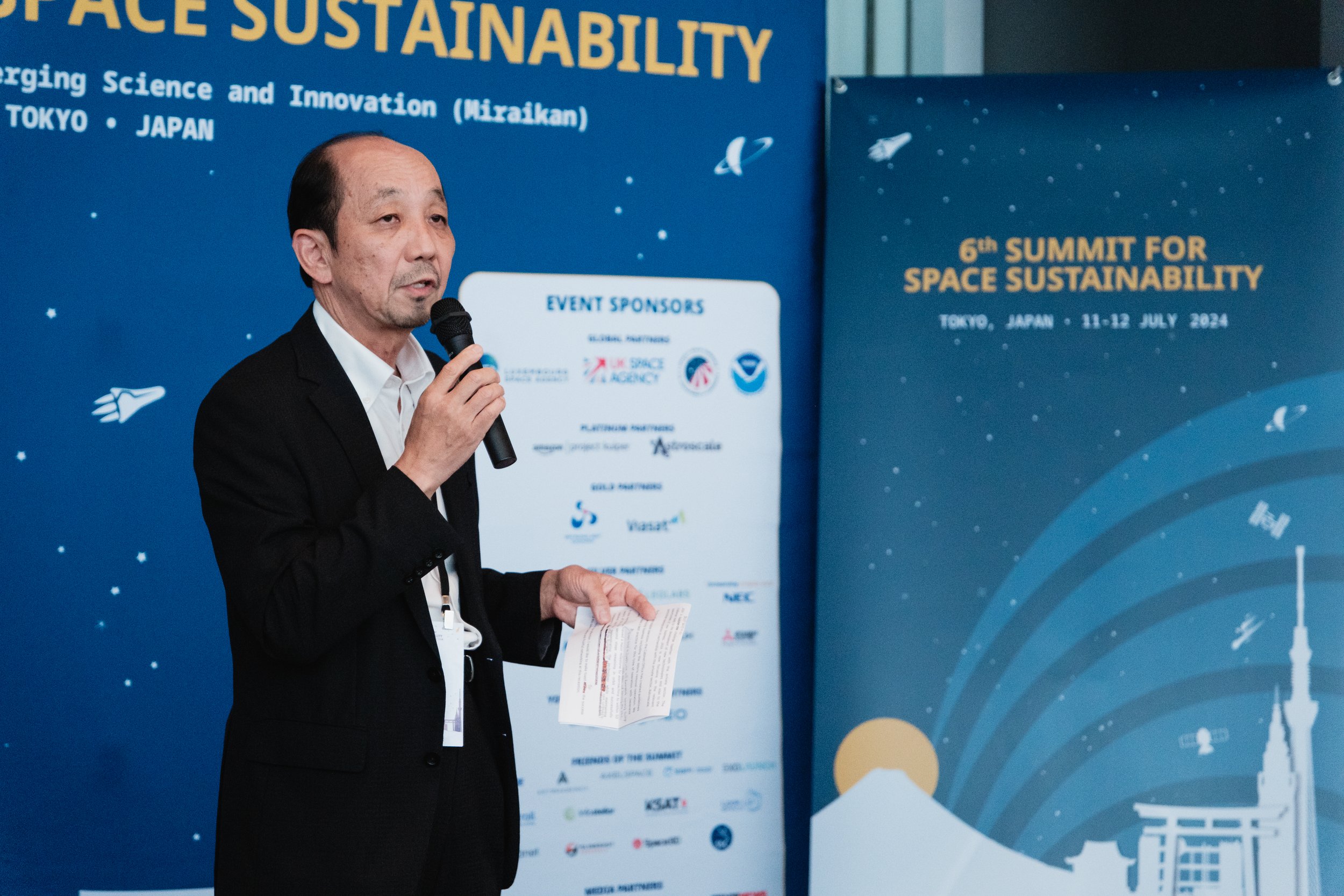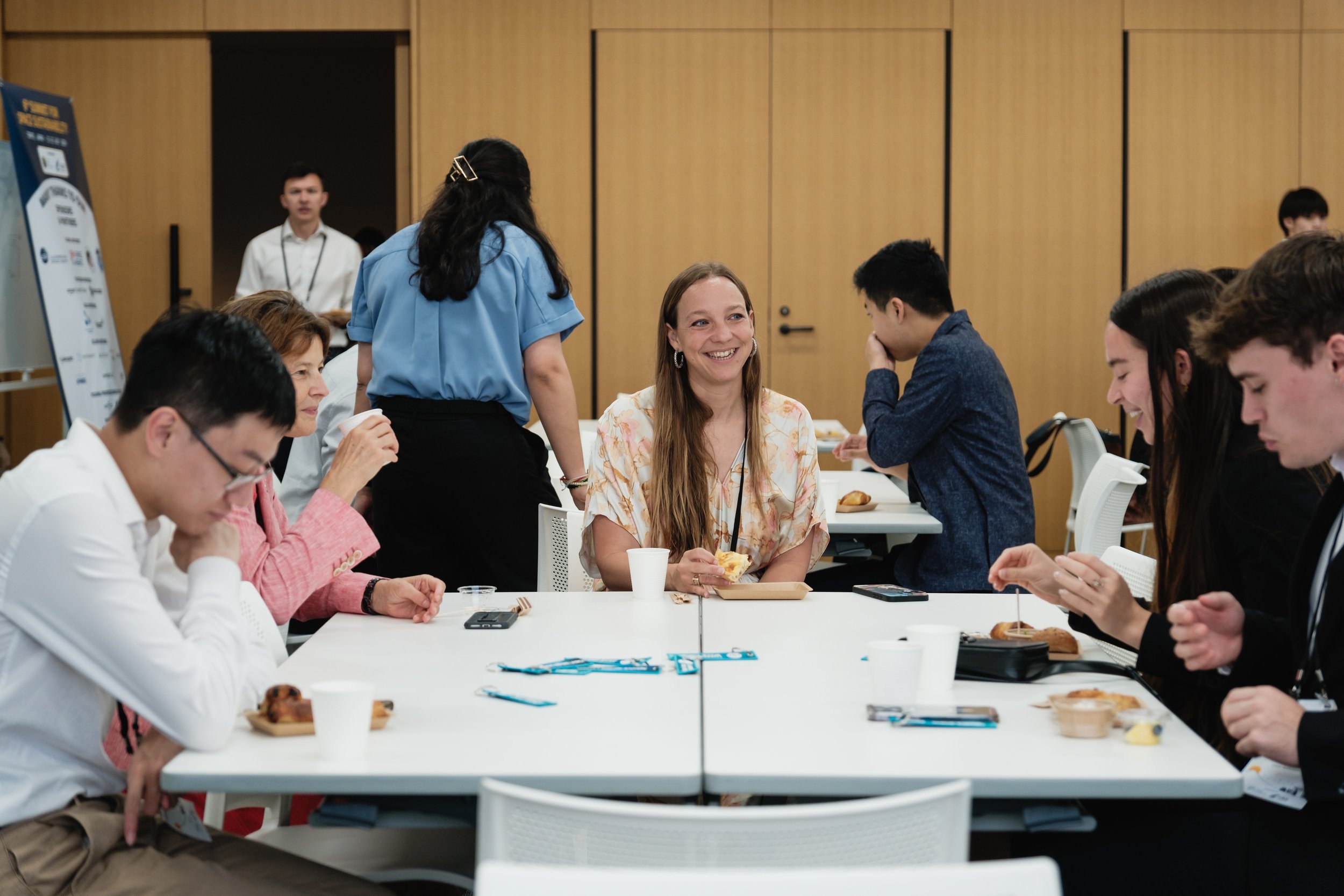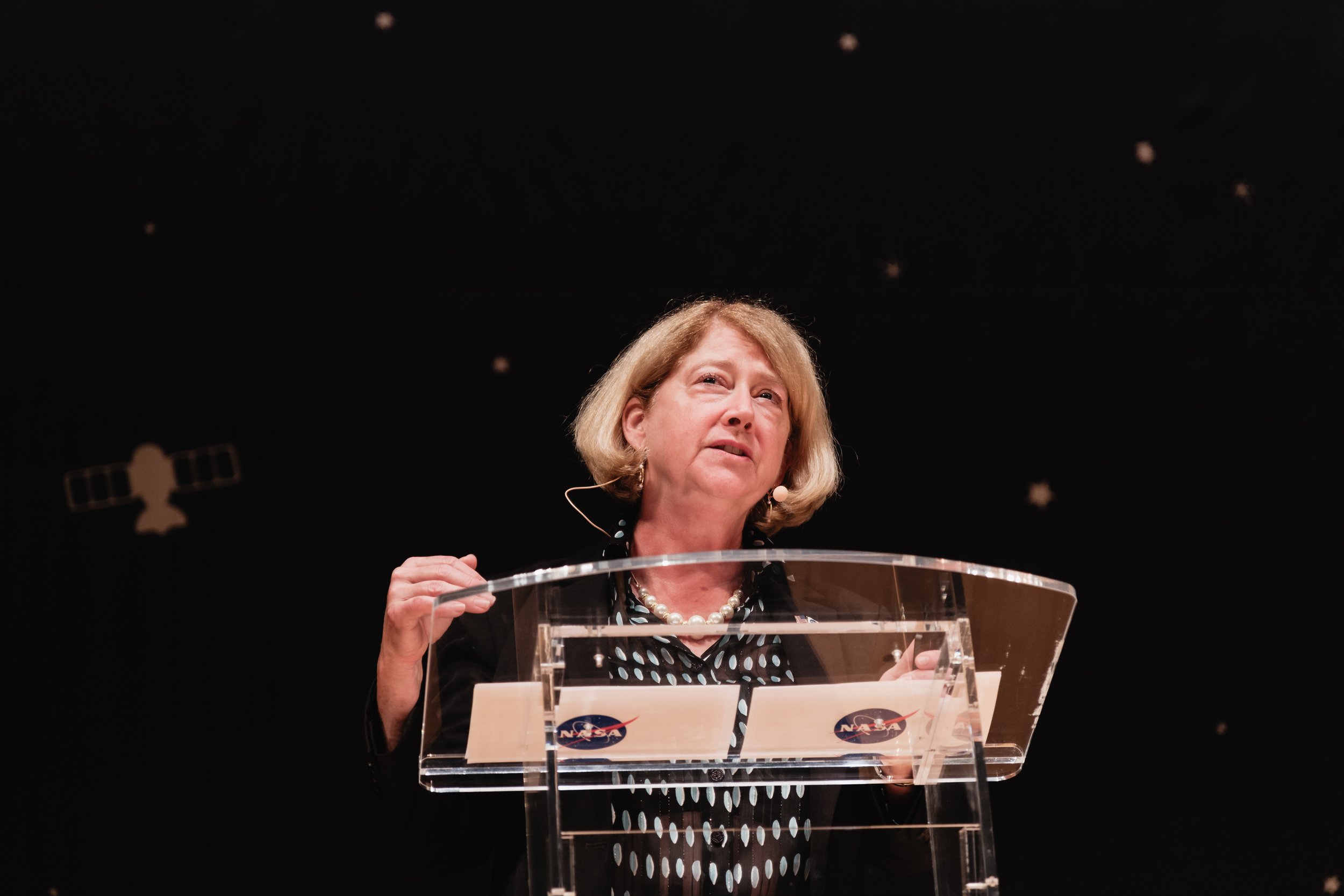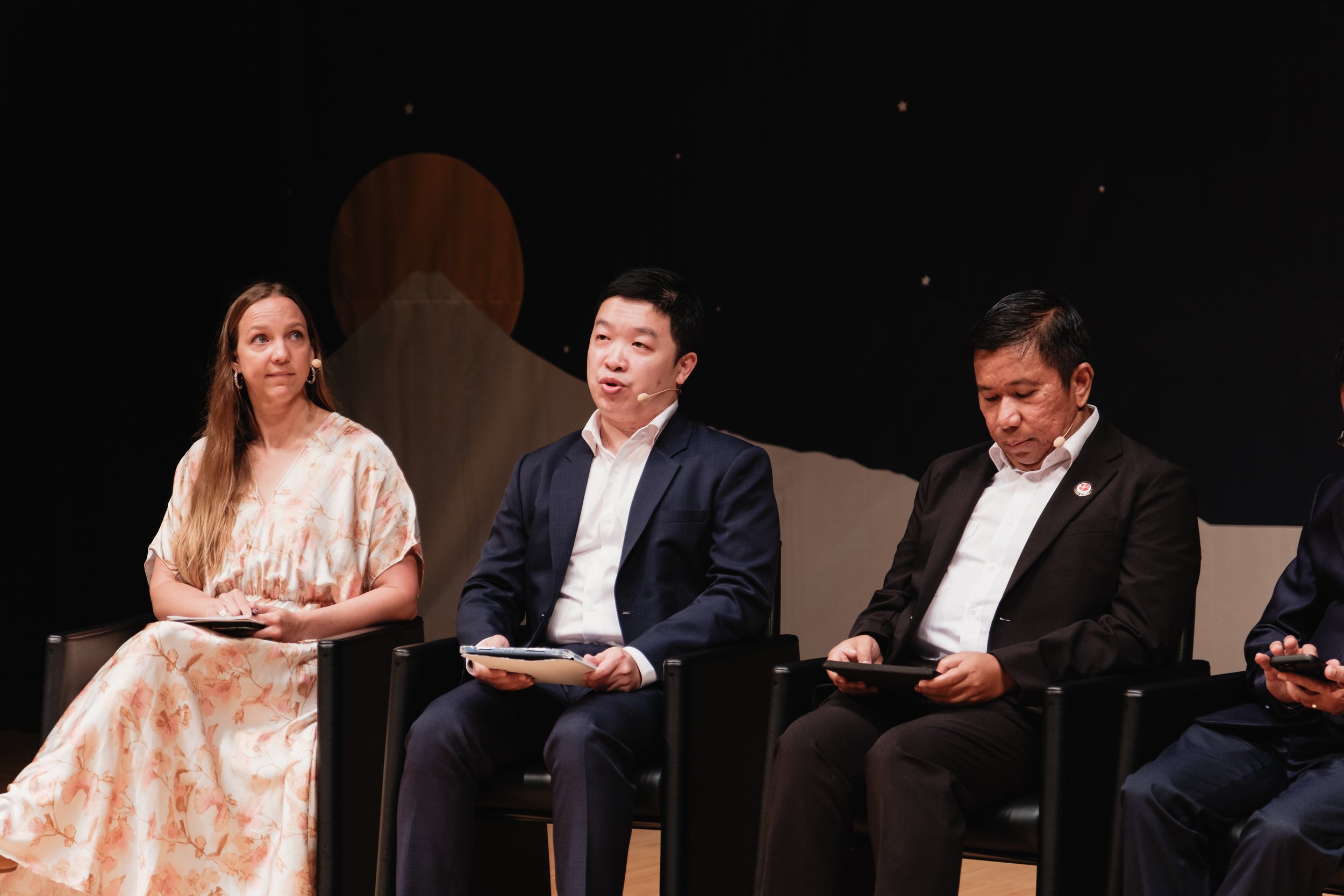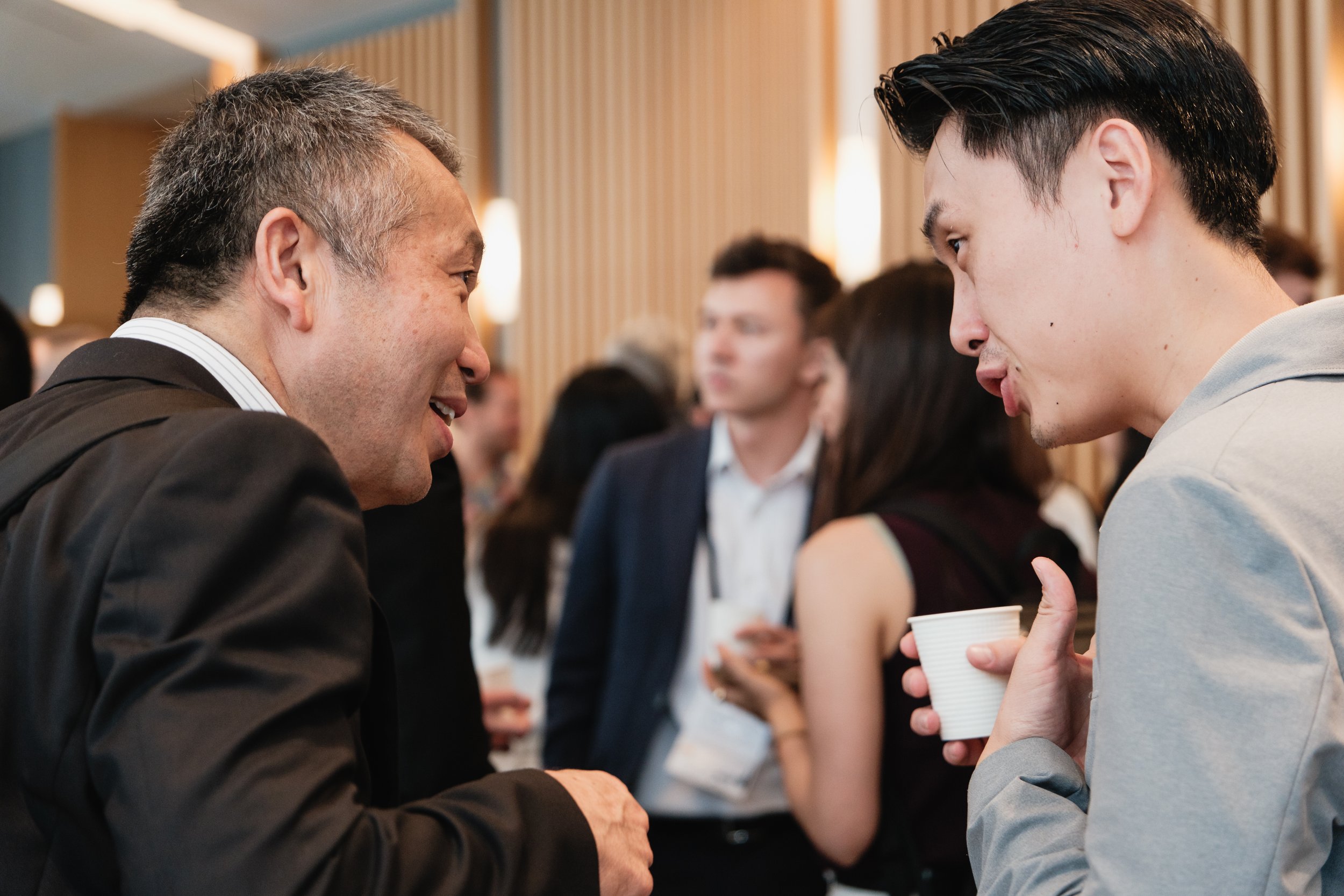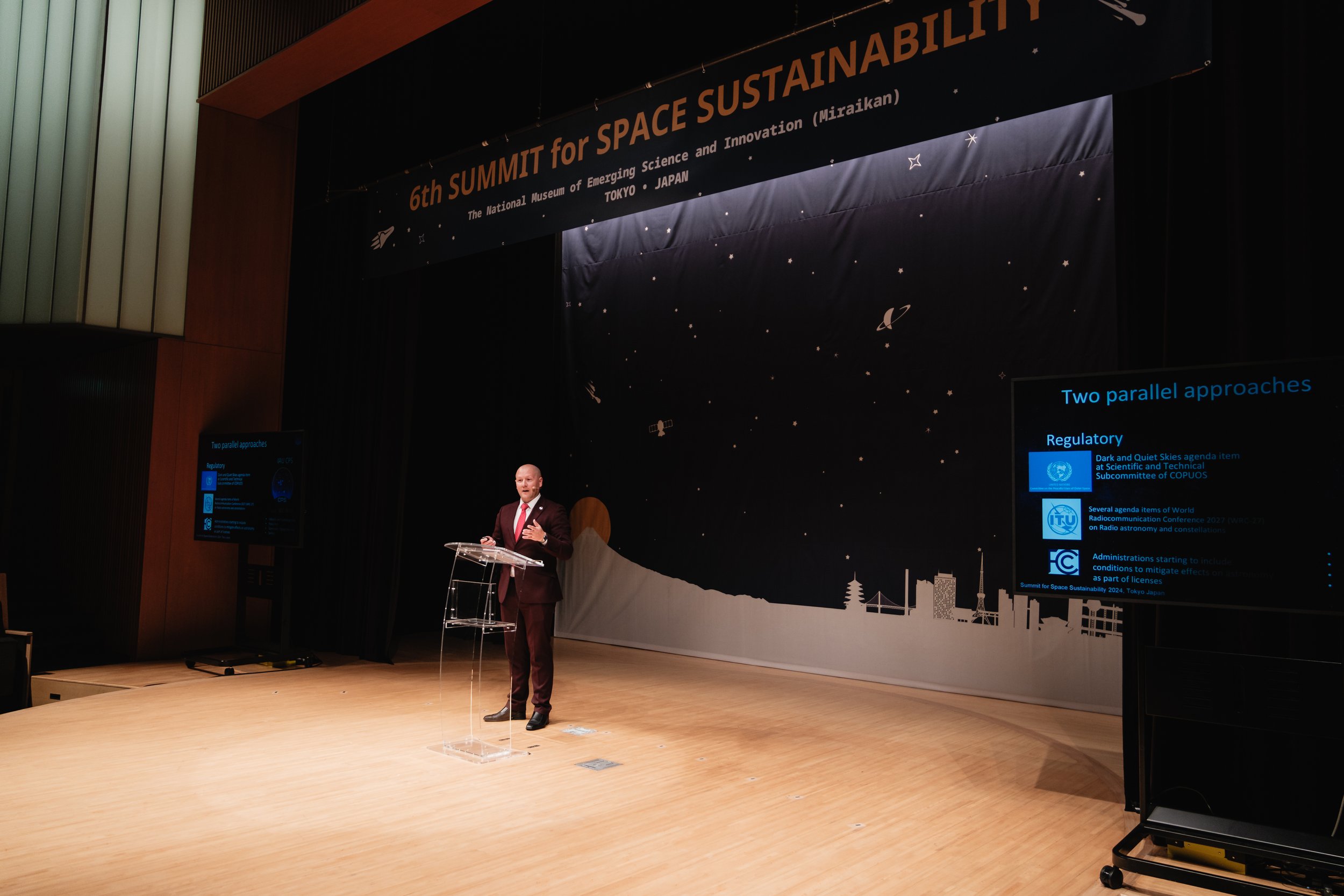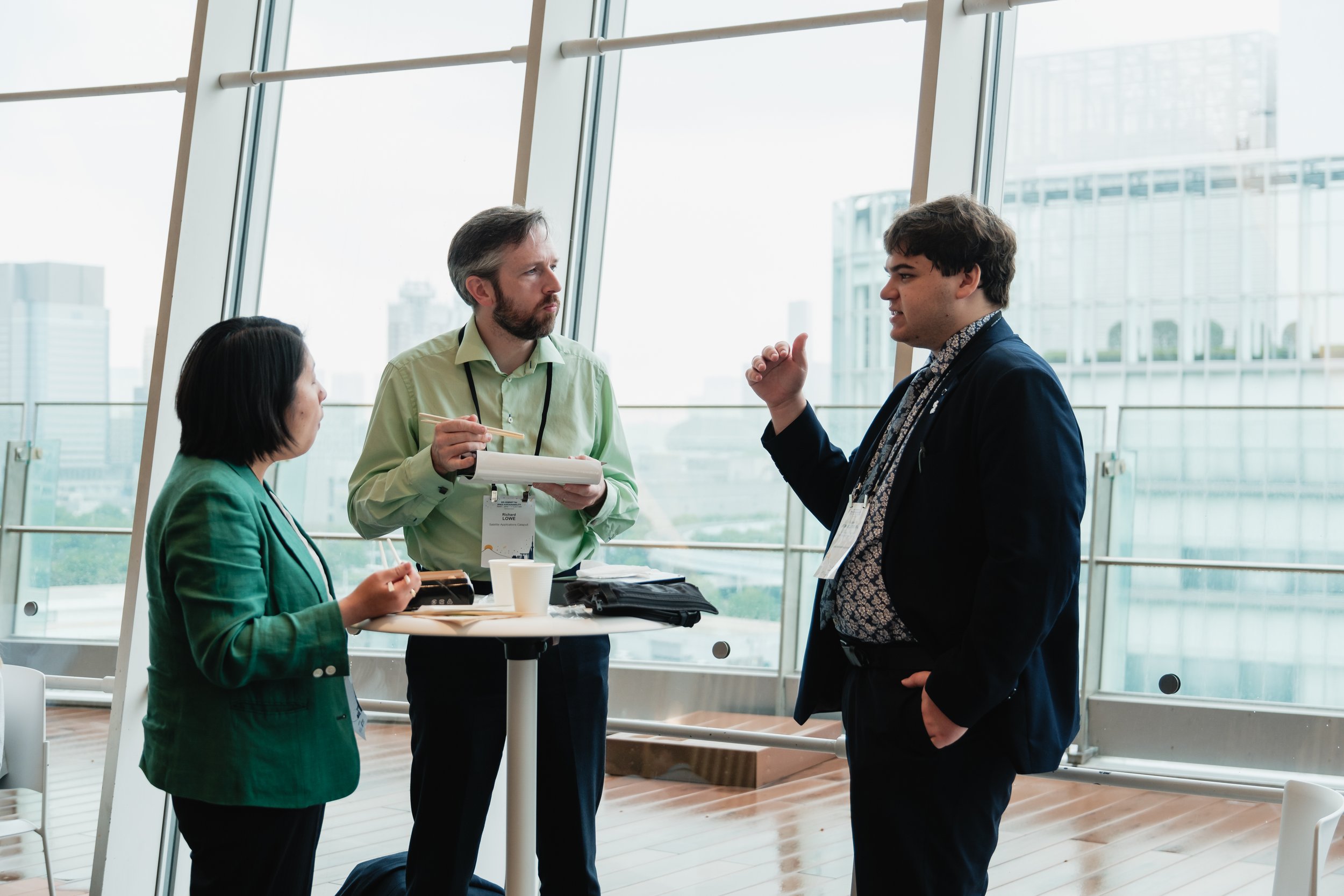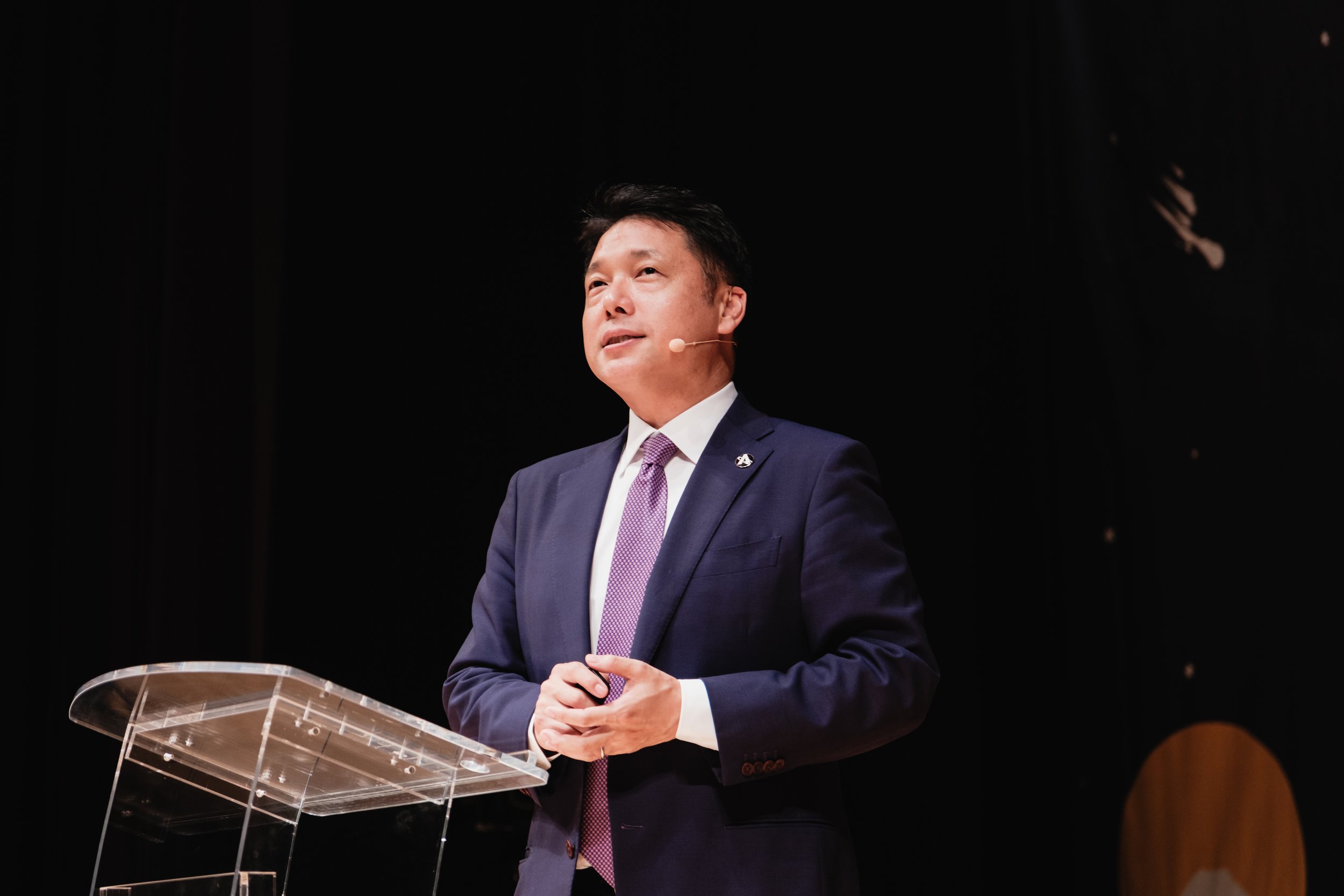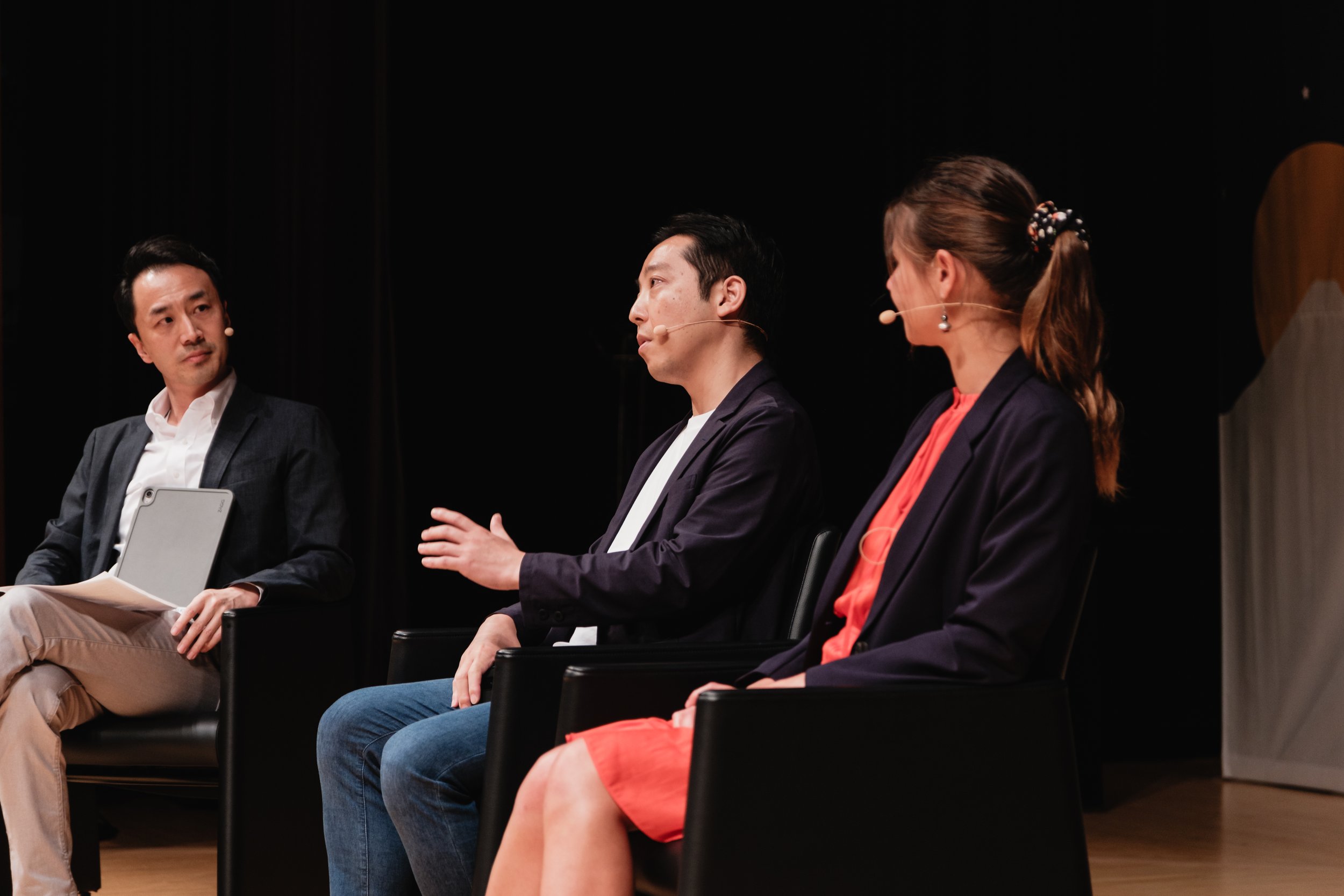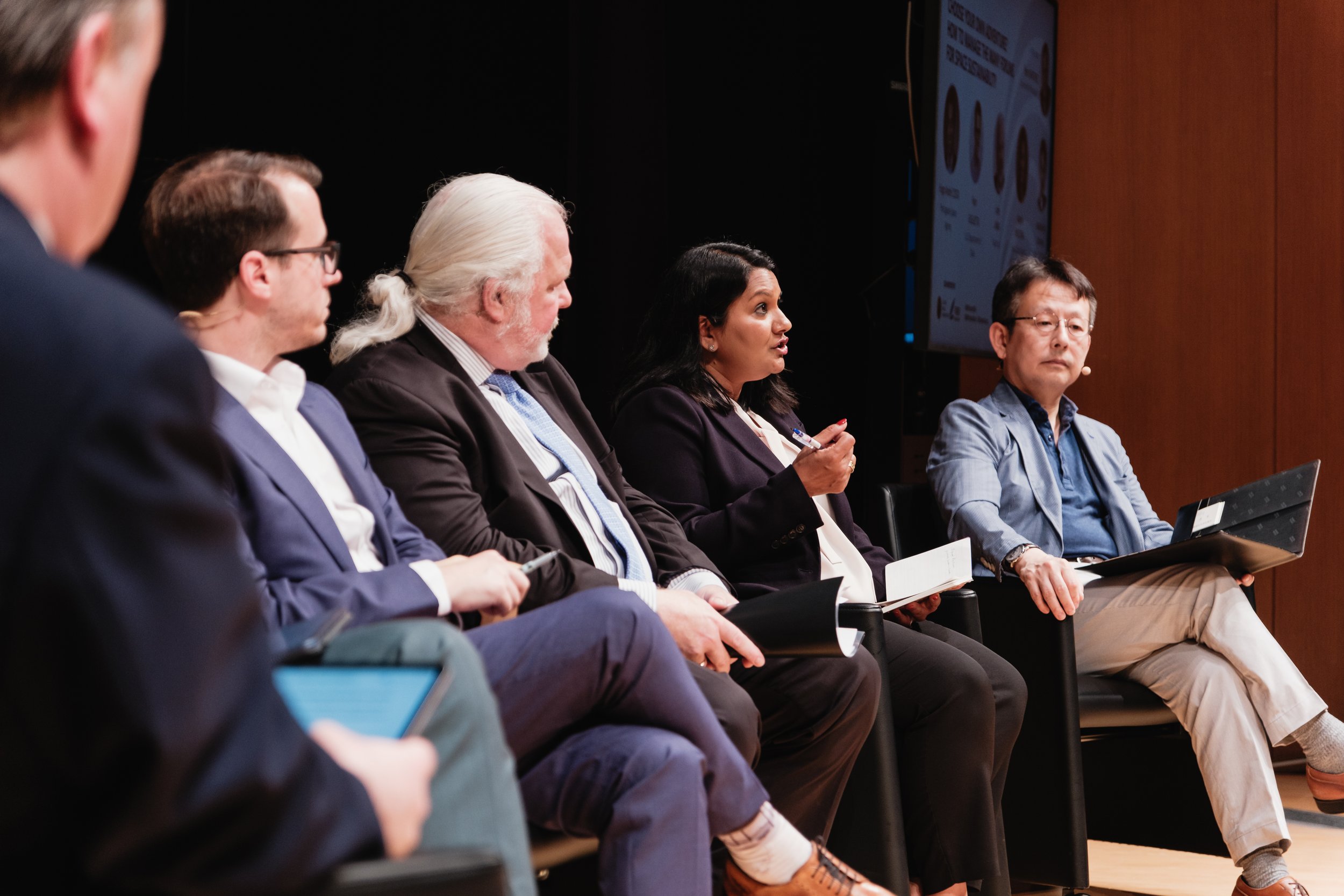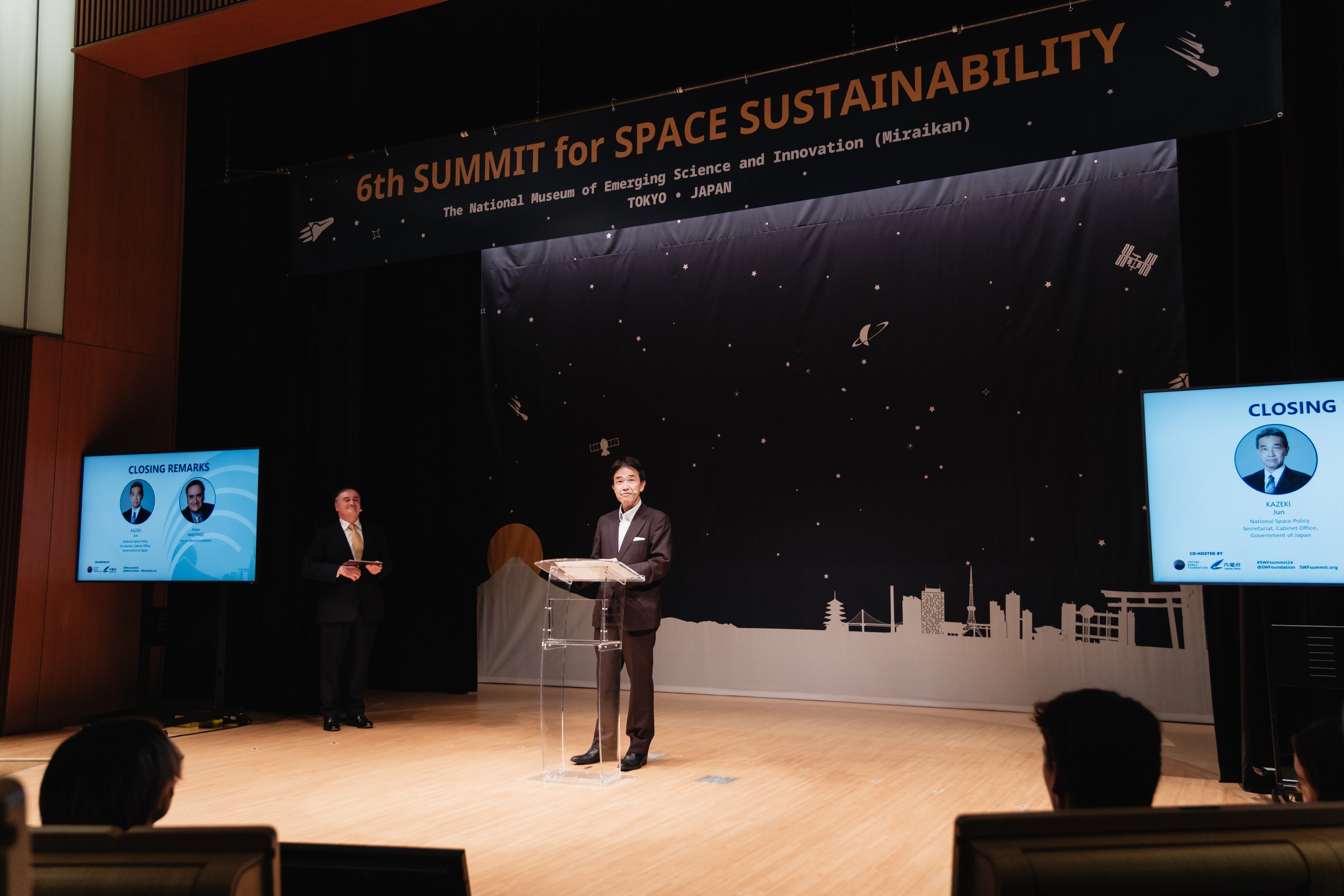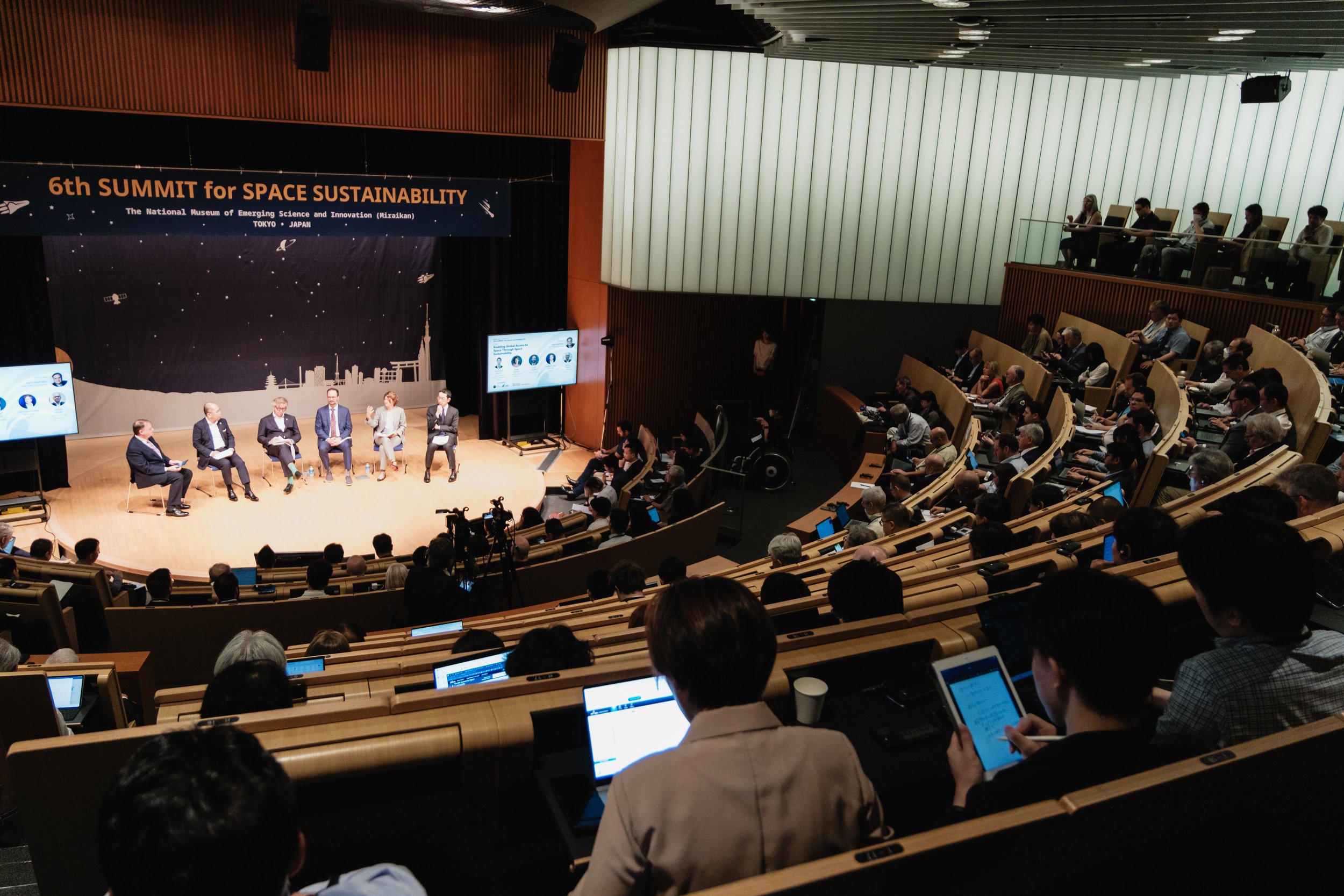
6th Summit for Space Sustainability
July 11-12, 2024
Venue: Tokyo at The National Museum of Emerging Science and Innovation (Miraikan)
Event Summary
Co-hosted by the Secure World Foundation and Cabinet Office, Space Policy Secretariat, Government of Japan, the 6th Summit for Space Sustainability was a high-level, multi-day policy forum attended by more than 500 people.
With a strong focus on initiatives, trends, and perspectives from the Asia-Pacific (APAC) region, the Summit highlighted opportunities and challenges for developing solutions for space sustainability. The 6th Summit for Space Sustainability was held in coordination with the APAC’s leading commercial space conference, SPACETIDE 2024, which will took place in Tokyo from July 8-10, 2024.
All sessions from the Summit were recorded and are available publicly on the Secure World YouTube Channel. Individual sessions can be viewed from the links below.
Through a mix of keynotes, panels, and spotlight talks, key themes discussed included:
Active debris removal progress and challenges
Regional space situational awareness initiatives and their connection to global efforts
The intersection of civil, security, and commercial space, including regional perspectives on responsible space behavior
New partnership models, benefits, and sustainability challenges presented by space exploration activities
The role of sustainability in space-related finance activities
The roles of forums such as the ITU, COPOUS, regional bodies, and private sector initiatives in a multi-faceted space governance system
6th Summit for Space Sustainability Wrap-Up Report
Explore the outcomes and next steps from the 6th Summit for Space Sustainability in our detailed wrap-up report. This document captures the actionable conclusions and future directions as determined by panels, spotlight speakers, and keynote presentations and interviews, emphasizing collaborative strategies for enhancing space sustainability.
Review the report to engage with the concrete steps identified for advancing the sustainability of space operations.
Loading...
Loading...
Event Sponsors
Selection of Photos
